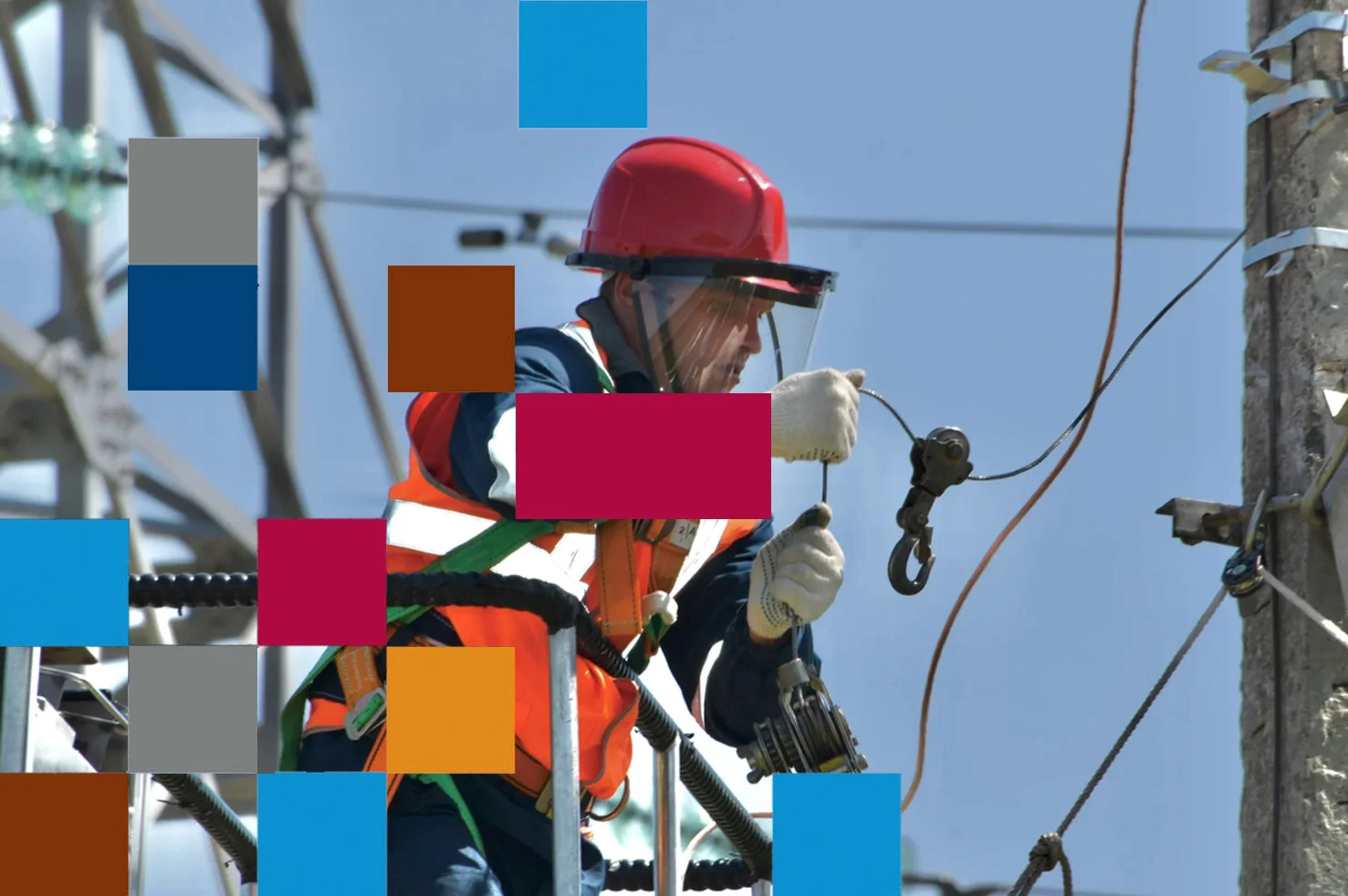
Certification delays are one of the most common and costly causes of mobilisation failure ac...

Certification delays are one of the most common and costly causes of mobilisation failure ac...

Skilled Trades Progression Without a DegreeMany workers in hands-on skilled trades jobs want...

Working offshore remains one of the most rewarding career paths in the energy sector, offeri...




As the energy sector moves into 2026, salary expectations, contractor day rates, and hiring ...